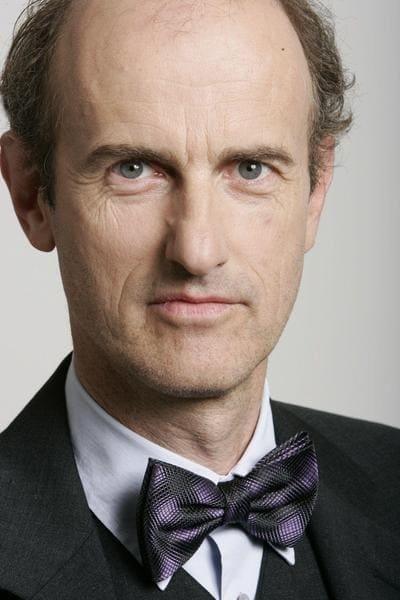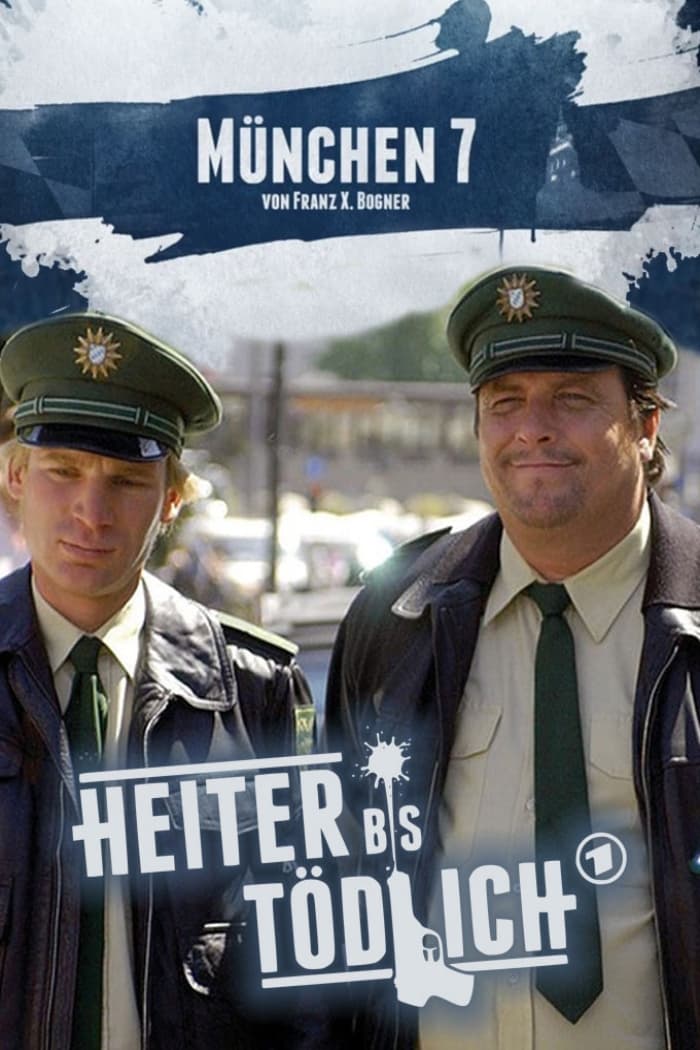

As a forestry student doing an internship, Anja Grimm ends up in that remote area in the Upper Palatinate Forest, where she went on vacation with her parents as an eight-year-old girl and her father disappeared without a trace. Her job is to take soil samples to create a soil map. At one point in the forest floor she comes across abnormal irregularities. Not long after their arrival, a brutal murder occurs. Anja soon arouses suspicion and hostility not only among the villagers with her suspicion that the perpetrator knows something about her father's fate and with her questions about the atypical soil composition in the forest clearing. Even the police react extremely reservedly to their investigations. And when it turns out that the young woman can read the signs of the forest like an open book, forces mobilize in the village who are apparently ready for anything because there is a dark secret that needs to be kept.

Kreuzeder was once a successful commissioner, but now he rarely solves a case. After more than 20 years in the service, he just wants to retire as quickly as possible and leave everyday life in the homicide squad in Lower Bavaria behind. Kreuzeder is of the opinion that humanity is coming to an end anyway, so he prefers to get drunk in the tavern and flirt with the waitress Gerda Bichler there instead of going about his work.

Death (in Bavarian: Boandlkramer) is supposed to get little Maxl, but he falls in love with Maxl's mother. Confused by the previously unknown feelings, he confides in the devil. The incarnate persuades him to start a business where the Boandlkramer gets the chance to compete for Gefi as a mortal. Encouraged by the advice of the recently deceased womanizer Max Gumberger, the Boandl stumbles through earthly life in search of eternal love.

Pan Tau is a kind gentleman who wears an elegant suit and is always there when families need him. Although it radiates from a completely different time and not a word is spoken, but everything is there and responds to problems in its own way. There can be magic appearing seemingly randomly among families across all social strata in any way possible by tapping the bowler hat on his head for magical perspective shifts. By doing this, it seems to be ignoring all the laws of physics.

Tyrol, 1932: The world economic crisis is at its peak, radical political movements emerge. In a small Austrian community, the engine driver Michael Unterguggenberger accepts the mayor's office against better knowledge. But how is he supposed to save Wörgl? The power of despair and the support of his wife Rosa form the breeding ground for a daring experiment: Unterguggenberger wants to print his own money without further ado - so-called work confirmation notes. For this he not only has to convince the community of his city, but above all to rebel against the mighty banking.

Not an easy decision! District Administrator Hans Schuierer from the Upper Palatinate first opposed his own political line in 1981 and finally against the entire Bavarian Free State and Prime Minister Strauss. Because the planned reprocessing plant Wackersdorf promised 3,000 new jobs for the structurally weak region - but what if these are associated with massive health and ecological damage for future generations? Isn't it then the duty of a politician and citizen to resist?


München 7 is a German police drama series from Franz Xaver Bogner. The show is set in Munich, Germany and features the fictive police station "München 7" or "Munich 7". The main characters are the "Sheriff from Marienplatz" Xaver Bartl and his new colleague Felix Kandler. München 7 is part of a series of commonly branded shows with similar themes called "Heiter bis tödlich".